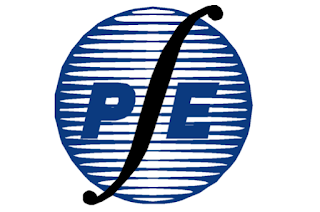Written by Yiran Li
With the development of science and
technology, electronic devices and Internet have been a great part in people's
daily lives. Sometimes, we blindly trust the information from the Internet. For
instance, if something becomes very popular on YouTube or Instagram, people
will rush to purchase that product. However, not all the information on the
Internet is accurate. When I watched video called "Is Engineering Right
For You?", I think its idea was different from
mine. It said that math is not equal to engineering but physics is the world of
engineering. I do not agree with him at all. Personally, I think Math is the
fundamental skill for an engineer. As a chemical engineering student, the
physics course required is called Phys Scientists & Engineers. If you have
taken this course, you can find it requires calculus course. Calculus help
explained many physics theorems and physics calculations. We can say that
engineering is the world of physics, but it's wrong to tell students that
engineering does not require students to do well at math.
From a journal article, the author
introduced how engineers use the math in practice. Math is made up by algebra,
arithmetic and geometry, trigonometry, statistics and calculus. For instance,
engineers designing drainage systems must design for a 50- or 100-year storm in
their calculations, a significant change from the normal rain concentration. A
great number of examples can be used to find math is quite important to engineering.
In conclusion, when we want to make some
important decisions, it's better to seek for professional help because some of
the information online may be biased.
Video Source: https://www.youtube.com/watch?v=psOxfEmW1Ws
Reference: http://work.chron.com/math-skills-needed-become-engineer-7330.html





